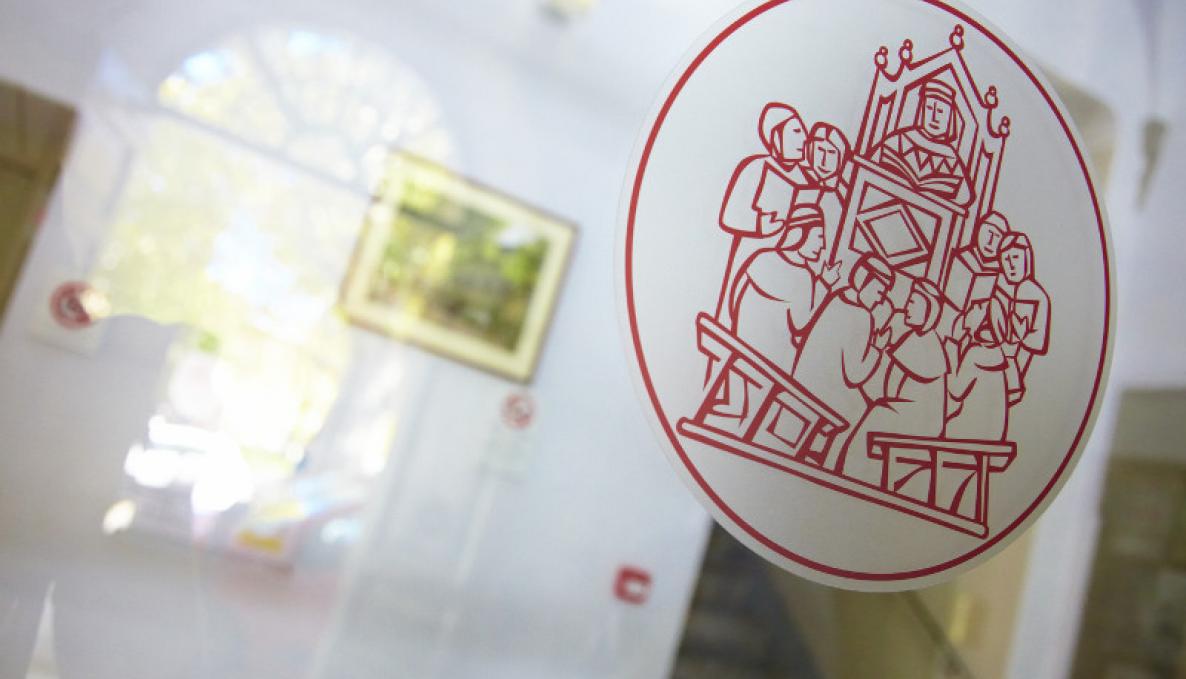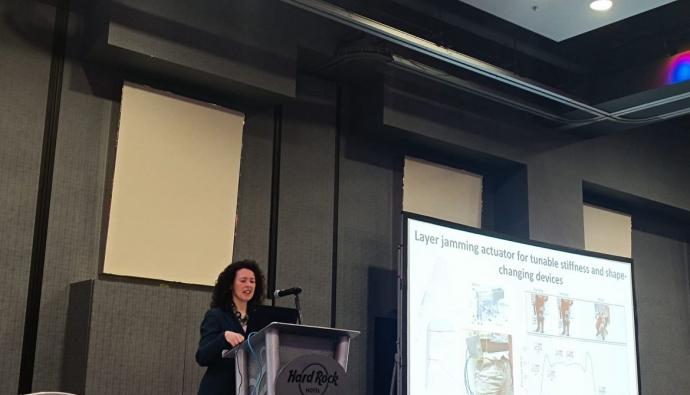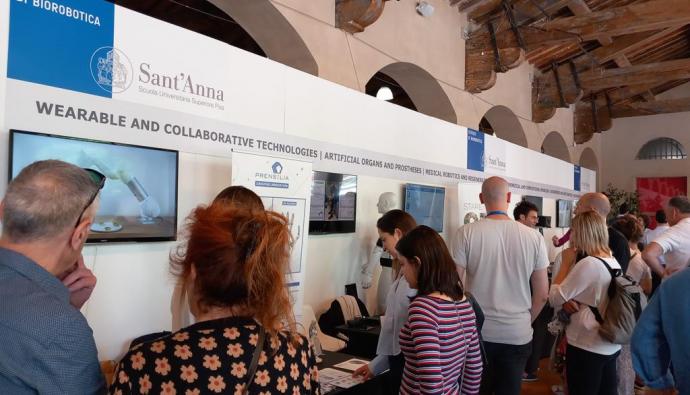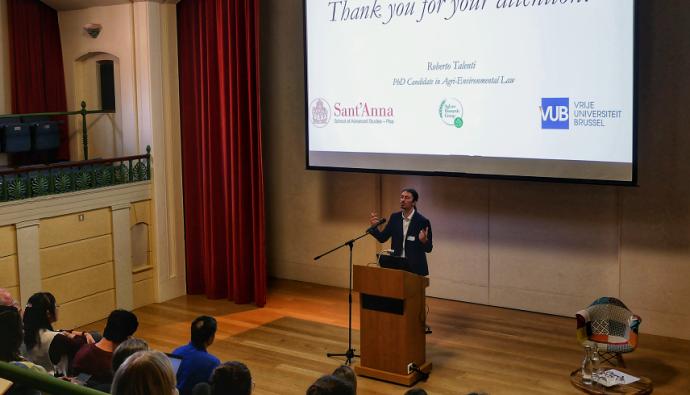Italian companies calculate their Environmental Footprint

Through the project EFFIGE “Environmental Footprint for Improving and Growing Eco-efficiency” funded by EU LIFE program, Italian companies measure their ecological impact. The goal of the project EFFIGE, coordinated by Sant’Anna School Institute of Management and partnered by ENEA (Italian National Agency for New Technologies) for technical aspects and communication strategies, is to measure the ecological resource use and resource capacity of companies over time. The EFFIGE project, which is expected to be completed in 2021, will assess manufacturing companies’ environmental impact. The life-cycle assessment will cover all aspects of the supply chain in metallurgy manufacturing process, wood –based products and restaurant industry.
Environmental sustainability remains a top trend for 2018, according to European and Italian researchers. The EFFIGE project, adopting the 2013/179/EU Commission Recommendation of 9 April 2013 on the use of common methods to measure and communicate the life cycle environmental performance of products and organizations, will calculate the companies PEF “Product Environmental Footprint” to better manage their resources, reduce economic risk, and improve human well-being. Project participants include: Assofond - metallurgy; Federlegno Arredo - wood-based products; Agrica and Consorzio Agrituristico Mantovano “Verdi Terre d’Acqua” - food industry; Camst – restaurant industry.
The Environmental Footprint (EF) pilot phase will test the process for developing products and the life cycle environmental performance. The EFFIGE project participants will cooperate with other company stakeholders to develop the rules for their products, test different approaches to verification and communication vehicles for communicating to partners and consumers. The results of this pilot project will be the basis for the communication phase and for disseminating the PEF method and make it more accessible (training programs will be designed for companies and students).
Professors Fabio Iraldo and Francesco Testa will act as the EFFIGE project coordinator and project manager. “This project – they said – will explore how to take sustainable disruptive innovation to scale. Sant’Anna School will provide desk research, focus groups and surveys on stakeholder attitudes to sustainable production. Globally, disruptive innovation contributes towards the circular economy but some products contribute to a number of major environmental challenges including climate change and the loss of biodiversity”.
A focus group discussion about the Product Environmental Footprint and to support companies on environmental and energy efficiency strategies will be held at “Pirellone”, Milan, on 27 March 2018.



